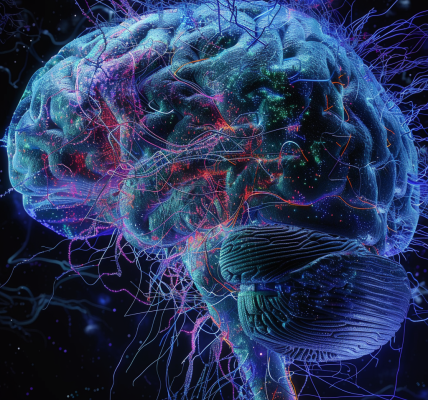Recent research from the University of Michigan has revealed alarming insights into the impact of junk food on the brain and behavior. This study highlights how high-calorie, sugary, and fatty foods can alter brain pathways and significantly influence food-seeking behavior, especially among individuals predisposed to obesity.
As the prevalence of junk food continues to rise globally, understanding its effects on cognitive functions and behavior becomes increasingly critical. The findings of this study indicate that the consumption of unhealthy food not only affects physical health but also has profound implications for mental well-being.
The researchers conducted experiments that demonstrated a clear link between the intake of junk food and changes in the brain’s reward system. This system is responsible for regulating feelings of pleasure and satisfaction. When individuals consume high-calorie foods, their brains release dopamine, a neurotransmitter that plays a key role in reward and pleasure. However, over time, the excessive consumption of these foods can lead to a diminished response to dopamine, resulting in the need for more junk food to achieve the same level of satisfaction.
This cycle can create a dependency on unhealthy foods, leading to overeating and weight gain. The study suggests that individuals who are already at risk of obesity may be particularly vulnerable to these changes, which can further exacerbate their health issues.
Moreover, the research emphasizes that the impact of junk food extends beyond physical health. It can also affect mental health, contributing to issues such as anxiety and depression. The brain’s altered response to food can create a vicious cycle where individuals turn to junk food for comfort, leading to further health complications.
Given these findings, experts are urging a reevaluation of dietary habits and the importance of nutrition education. They advocate for increased awareness about the long-term effects of consuming junk food and encourage individuals to make healthier choices that support both physical and mental health.
In light of this research, it is essential for parents, educators, and healthcare providers to promote healthy eating habits from a young age. By instilling a preference for nutritious foods, we can potentially mitigate the risk of obesity and its associated health problems later in life.
Furthermore, public health campaigns aimed at reducing the consumption of junk food can play a vital role in addressing this growing concern. By highlighting the adverse effects of unhealthy eating and providing accessible resources for healthy cooking and meal planning, communities can work together to foster a culture of health and well-being.
As the conversation around food and health continues to evolve, it is crucial to remain informed about the latest research findings. Understanding the connection between diet and brain health can empower individuals to make better choices and advocate for healthier food options in their communities.
In summary, the implications of this study are far-reaching, underscoring the need for a collective effort to combat the junk food epidemic. By prioritizing nutrition and mental health, we can pave the way for a healthier future.





